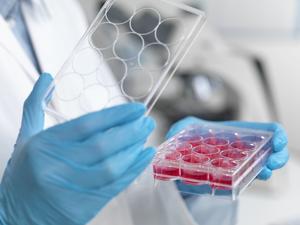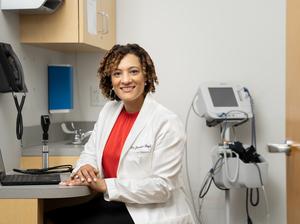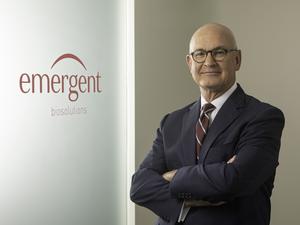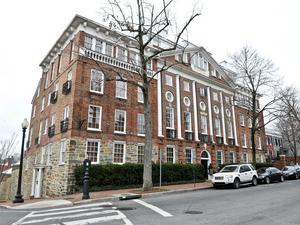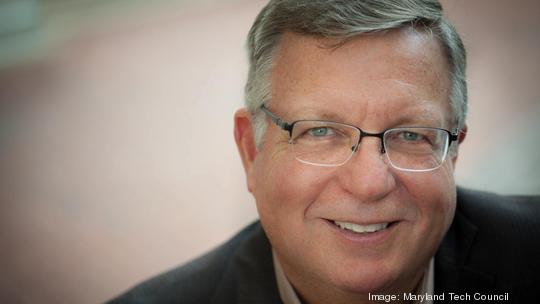
The Maryland Tech Council just got millions in federal dollars that it said will further speed up innovation for the state’s life sciences companies, many of which have already seen a burst of pandemic-driven energy.
The trade association said Monday it has received $2.45 million from the federal government's omnibus budget bill for fiscal year 2022. The new capital allows the organization to expand BioHub Maryland, an effort that “will help further drive our state’s leadership in life sciences and tech, strengthen our workforce, and grow our small business base,” said Sen. Chris Van Hollen, D-Md., chair of the Senate Appropriations Financial Services and General Government subcommittee, in a statement.
The tech council had helped launch the BioHub Maryland Pathways program as a one-stop portal of sorts for jobs, training and education in the industry. Students, jobseekers and employers create accounts to search for or post jobs and internships, or development and networking opportunities across the state.
The federal funding is also aimed increasing access to international funding, easing tech transfer, supporting workforce development and increasing access to flexible lab space for life sciences startups.
It's part of a longtime effort by Maryland leaders to compete with the likes of the Bay Area and Boston to be what the tech council's CEO, Marty Rosendale, hopes is “the nation’s premiere destination of choice” for industry players. It comes as the state sees ongoing momentum driven by the Covid-19 crisis, which increased and accelerated funding for manufacturing, research and development for vaccines, therapies and testing. More than a handful of local companies have taken and run with that support, which totaled $8 billion in funding from government, private sector investors and foundations in 2020.
But county leaders have acknowledged the need to keep up growing competition for these companies, especially during the pandemic, to ensure the bread-and-butter sector doesn't get lured away. Montgomery recently eased and sped up its zoning requirements for new or expanded lab spaces, even as the Montgomery County Council voted to create an incentive program to fund and attract more biohealth campuses to the county's opportunity zones, which are areas developers are incentivized to focus on to help generate more needed economic activity.
Already, several industry players have been locating, or deepening their presences in, Montgomery County’s I-270 biotech corridor, including Miltenyi Biotec, TCR² Therapeutics, On Demand Pharmaceuticals, Aurinia Pharmaceuticals, Nobelpharma, Horizon Therapeutics, Autonomous Therapeutics, Arcellx and Genetron Health. There's more space to come, as Bethesda developer Stonebridge recently announced plans for 800,000 square feet of new lab space in Gaithersburg and North Bethesda, Boston Properties is advancing a 435,000-square-foot biotech campus in Shady Grove and Gaithersburg-based Novavax Inc. has claimed headlines for its campus development and road to commercialization for its planned Covid-19 vaccine.
All in, Maryland’s resident companies include more than 2,700 in life sciences, 500 in biotech, 12,000 in technology and 1,200 in cybersecurity, the Tech Council reports. And the state ranks No. 2 for its concentration of jobs in science, technology, engineering and math areas, though different surveys have also ranked the other regions higher, depending on the metric.
That’s as the BioHealth Capital Region, which comprises Virginia, D.C. and Maryland, ranks as the fourth-best U.S. biopharma cluster per the 2021 Genetic Engineering and Biotechnology News list. The region claimed the No. 3 slot for funding from the National Institutes of Health, with about $3 billion across more than 4,000 awards, thanks largely to Johns Hopkins Medicine. It also ranked highly with more than 6,000 patents and 29.7 million square feet of lab space, per that report, which cites JLL data.
But it still has work to do in the jobs and venture capital departments, lagging behind the Boston (No. 1), San Francisco (No. 2) and New York (No. 3) metro areas.
